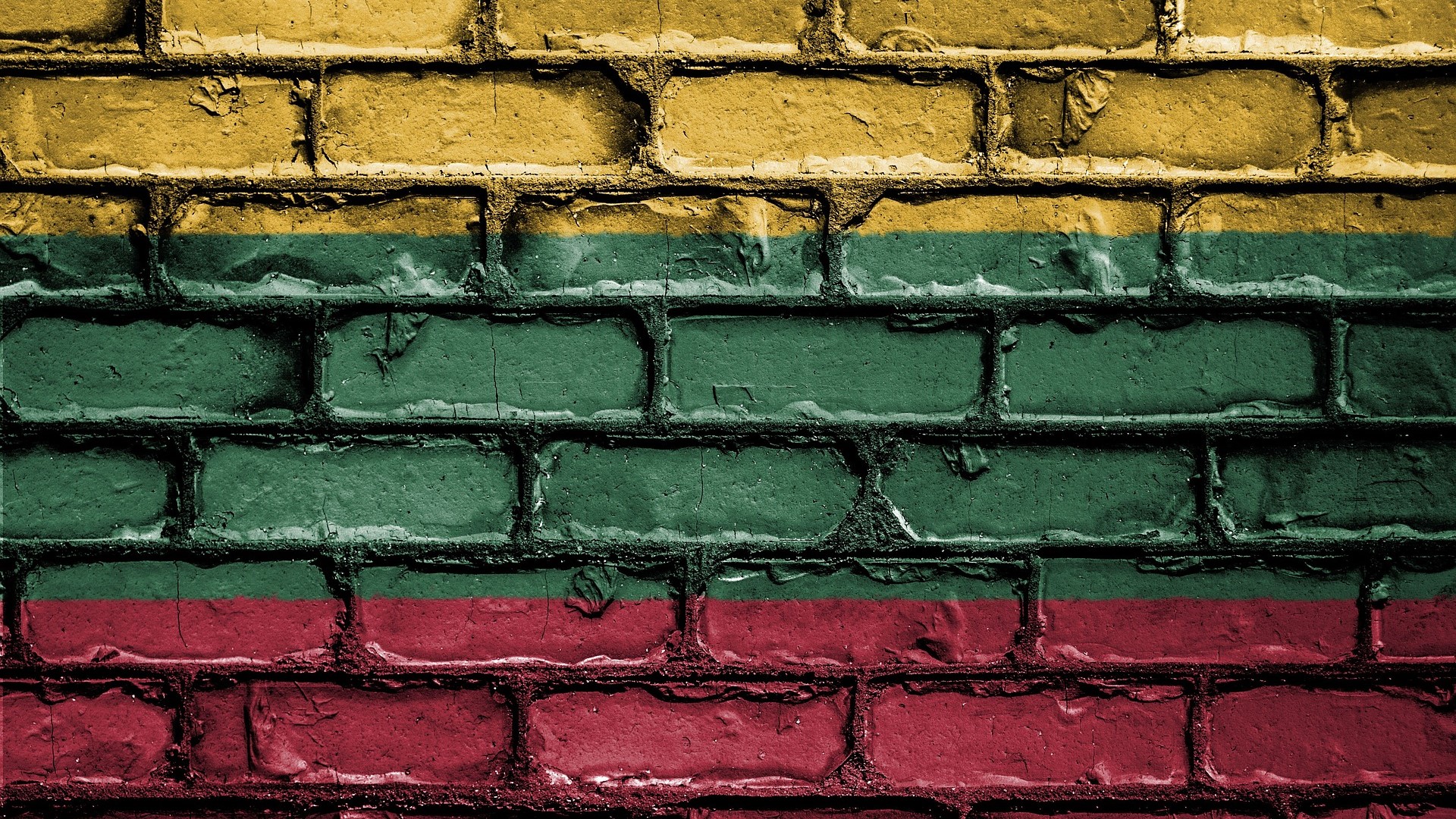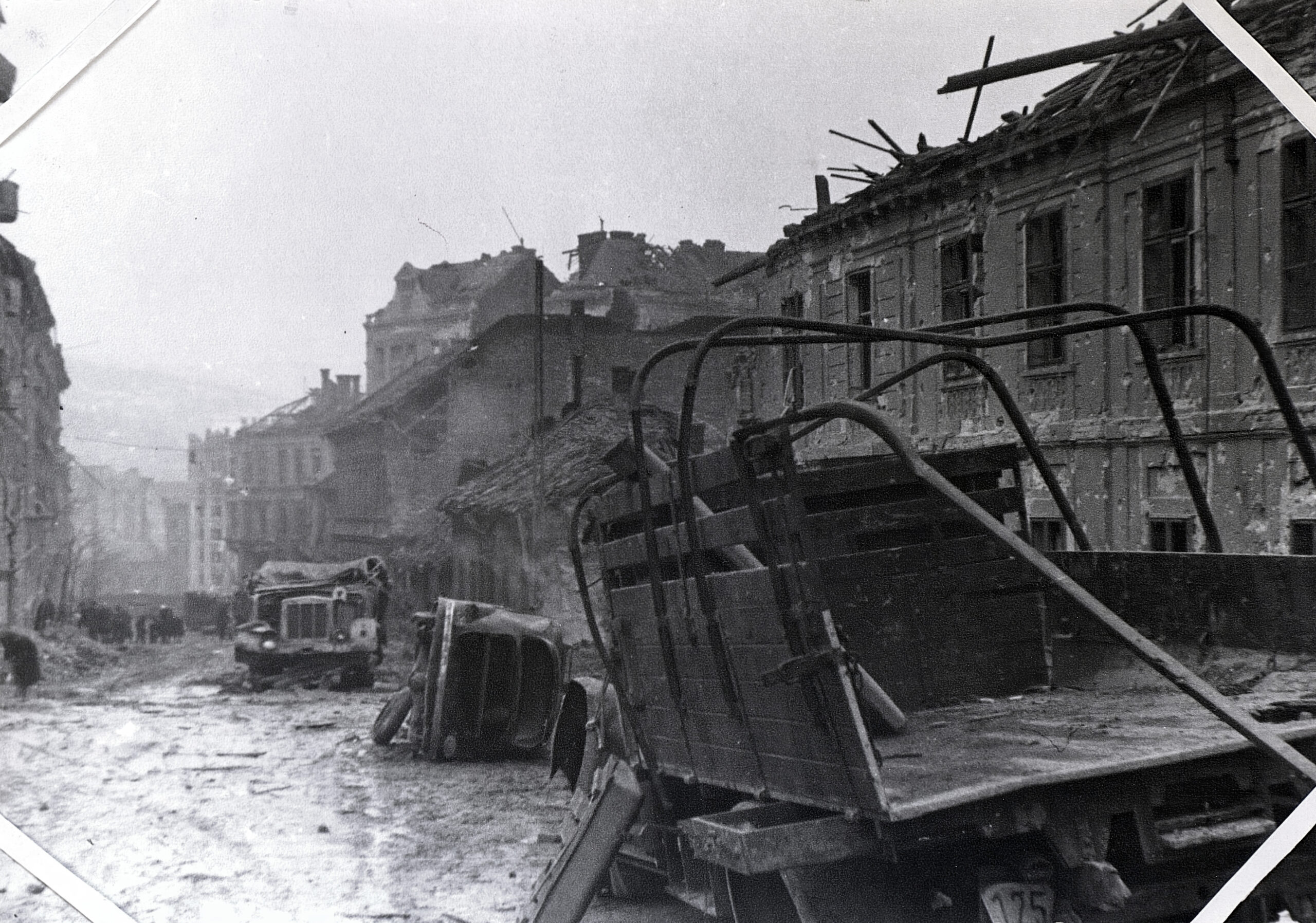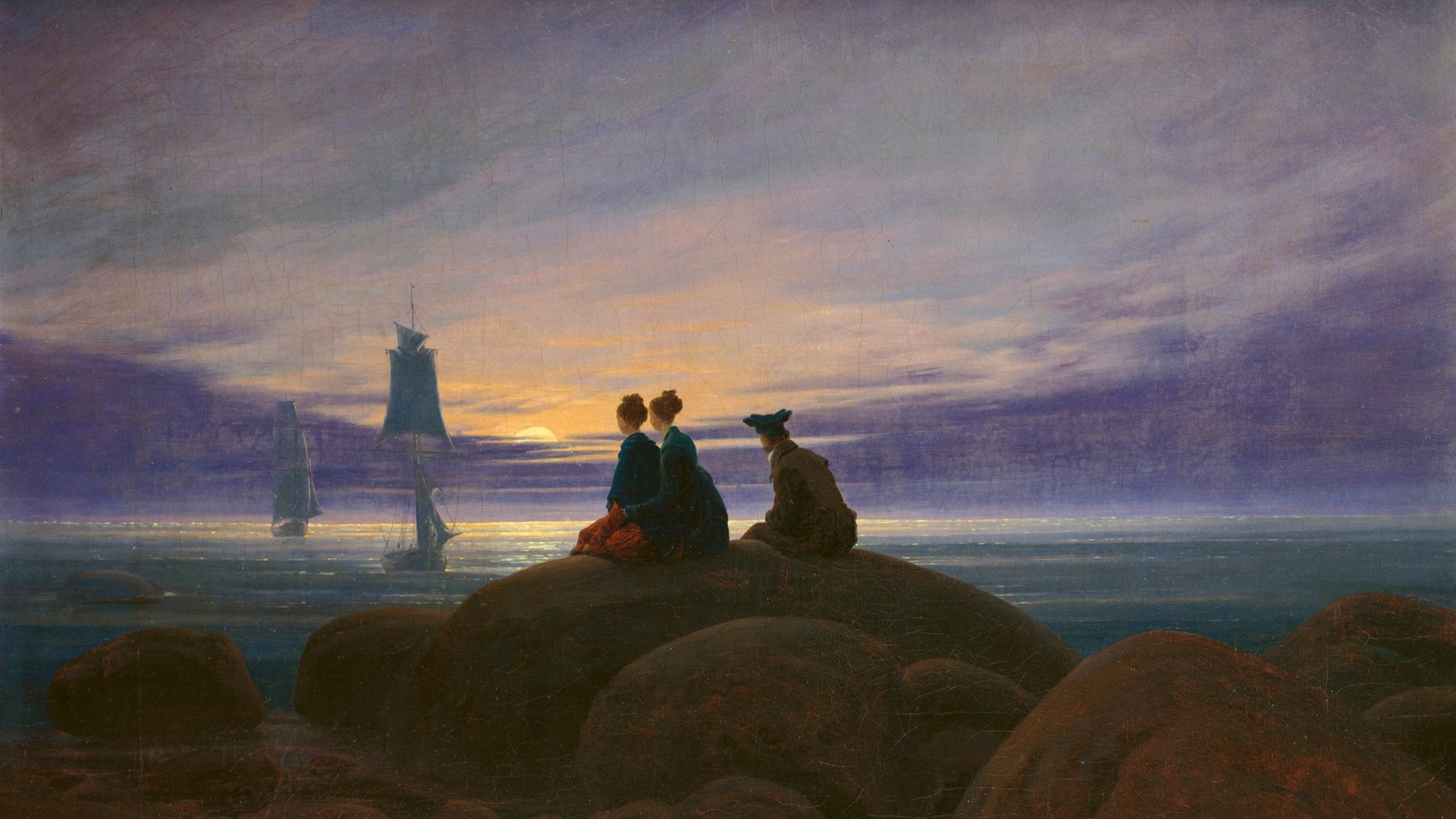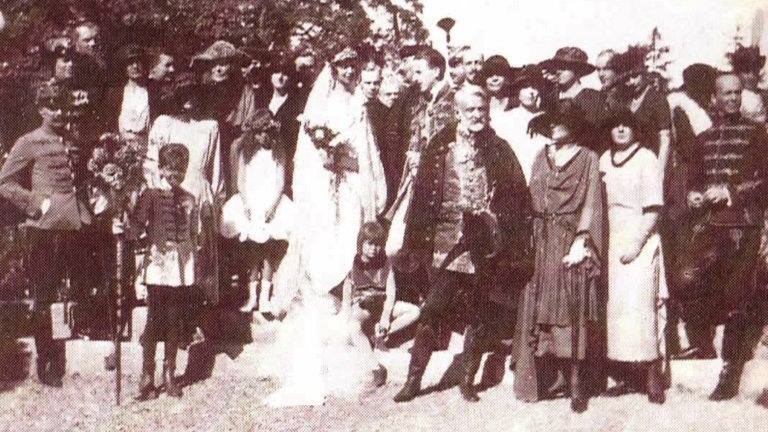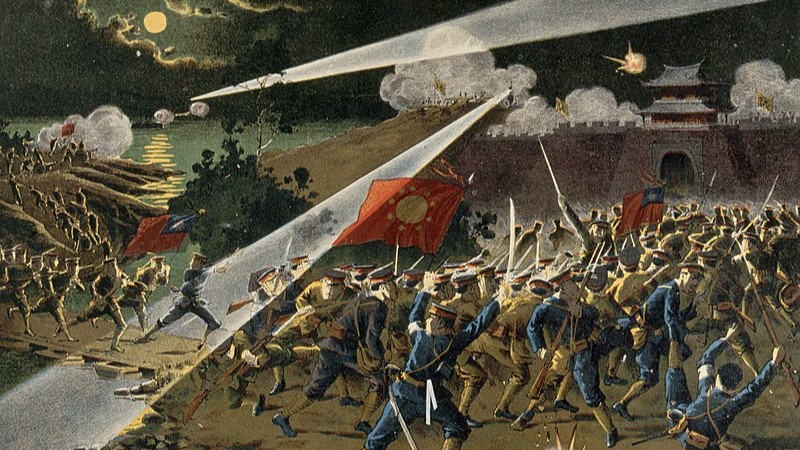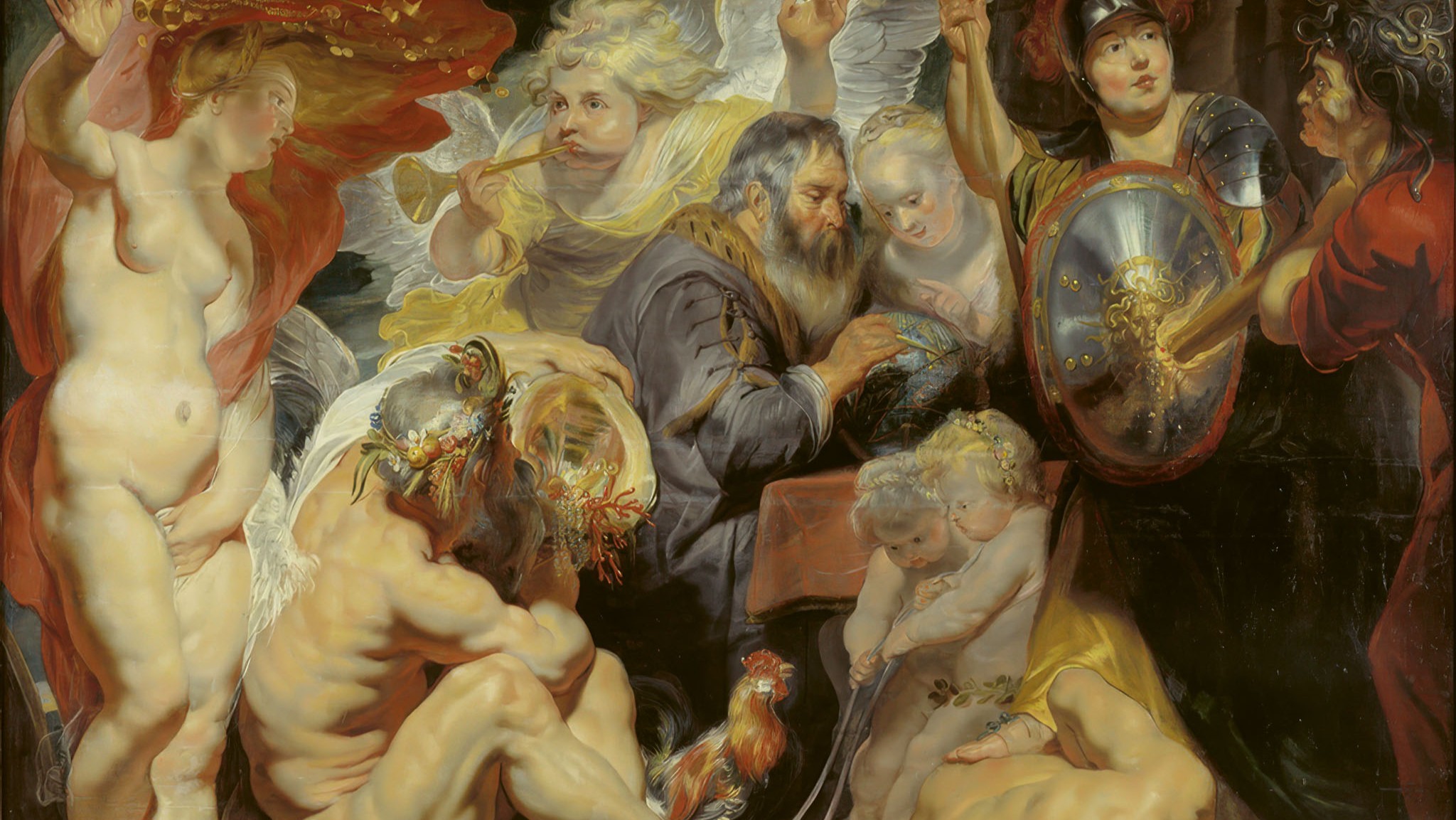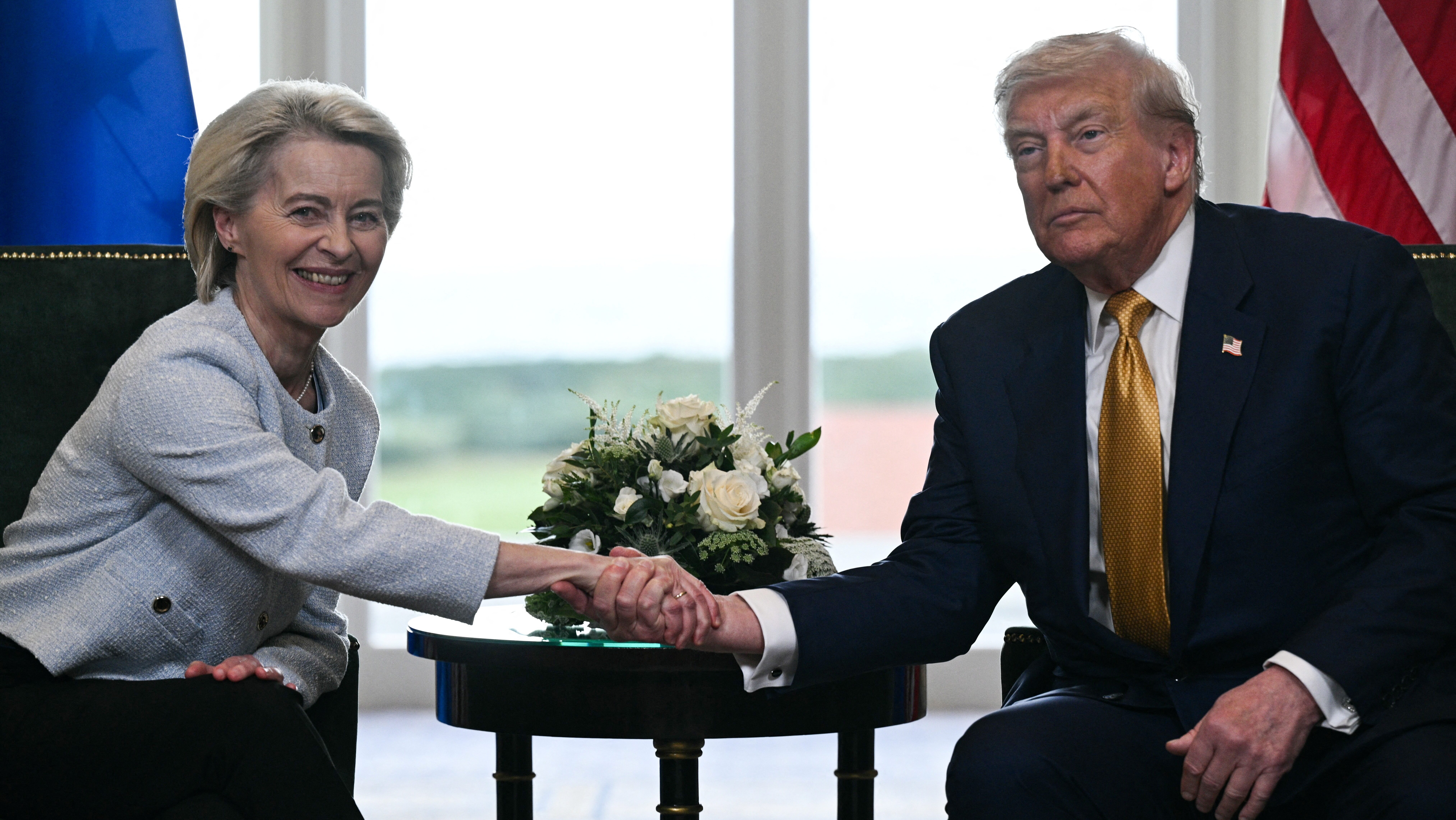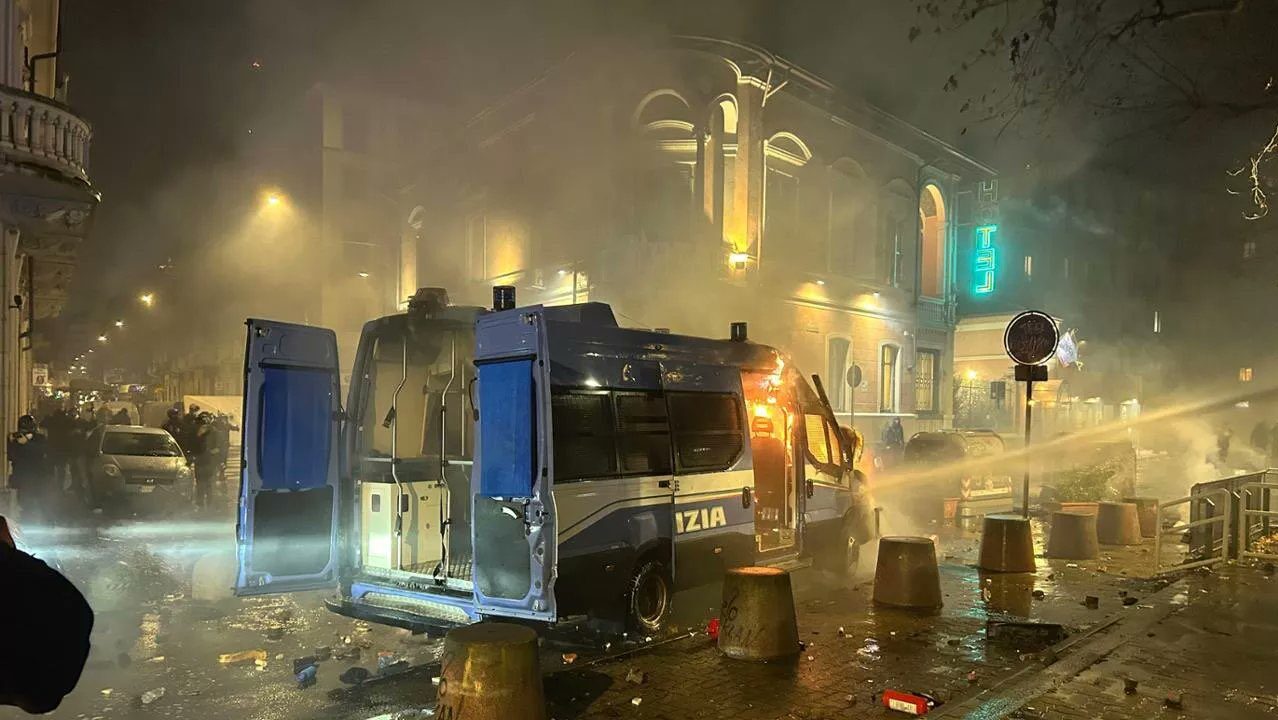
Antifa Extermists Brutally Beat Police Up during Violent Turin March
Masked Antifa-linked extremists armed with improvized weapons clashed with Italian police in Turin, resulting in multiple injuries and arrests. Italian Prime Minister Giorgia Meloni condemned the violence and urged the courts to hold the perpetrators accountable. The events in Turin are yet another example of increasingly aggressive far-left political violence that many Western countries have to confront in order to maintain stability.

